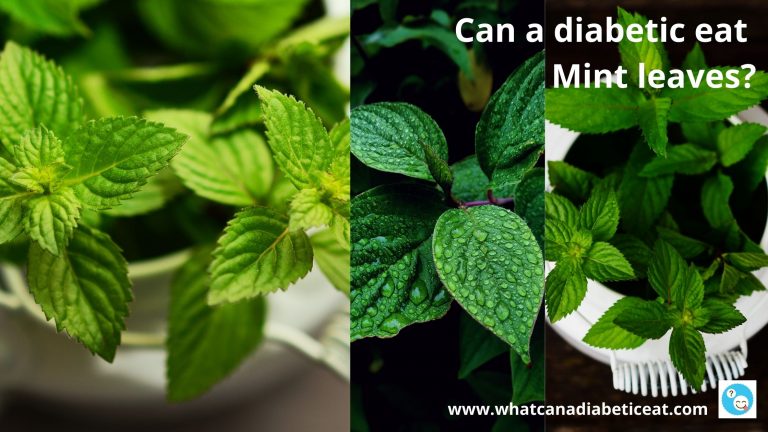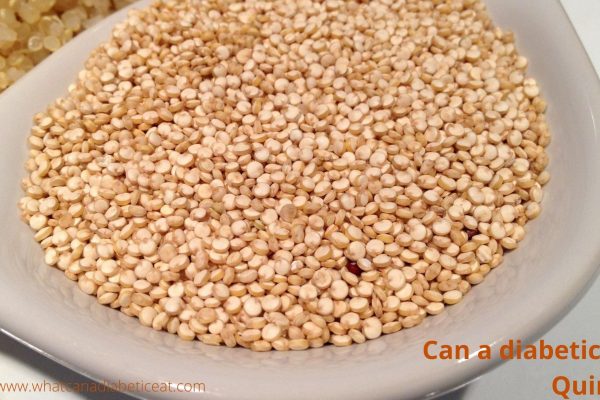Can a diabetic eat Mint leaves?
Mint leaves have some health benefits, are low in calories and they do not cause any blood sugar spikes. This means that a diabetic can indeed eat mint leaves. Some studies indicate mint leaves have a beneficial effect on people suffering from high blood sugar levels or high blood pressure. However, there is more research that needs to establish some detail around this. Other benefits of eating mint leaves include improved digestion, healthier skin, fights cold symptoms, makes you feel refreshed etc. You can always list mint leaves among what a diabetic can eat.
How do you eat mint leaves?
There are many ways you can eat mint leaves. Some people just pop a leaf or two in the mouth and enjoy the juices that slowly get released. You can always add few mint leaves to any salad. Some people prefer to make mint tea by boiling mint leaves in water while others add mint leaves to their favourite drinks. You can also add mint to desserts and smoothies. Many Indian curries, biryanis etc. owe their flavours to mint to some extent. Mint chutney is also popular in many cuisines across the world.
What are the benefits of eating mint leaves?
Eating mint leaves can offer a wide range of benefits.
- To begin with, mint can help with digestion and address IBS (Irritable bowel syndrome).
- Mint triggers production of extra bile which in turn helps digest fat. Experts say eating mint leaves can trigger production of more digestive enzymes that can improve digestion, which in turn can help weight loss. So, weight loss or burning belly fat can be easier with some mint included in your diet.
- Mint leaves can help boost kidney function, lower blood sugar levels and lower blood pressure levels.
- Soaking mint leaves in water and then drinking that mint water has beneficial effects on skin health. Drinking mint water helps clean up your skin, removes dirt and dead cells leaving your skin cleaner, smoother and sutler. Mint also helps make the skin firmer and hold more moisture meaning you will have fresher looking skin with great tone.
- Brain function is another area which can see some improvement from eating mint leaves.
- On the social scene, mint leaves can help you by leaving you with fresh smelling breath. Mint can relieve cold symptoms or blocked nose.
- Last but not least, nutrients in mint leaves help scavenge free radicals that can otherwise cause cell damage, organ tissue. This in turn can protect to some extent from serious diseases like diabetes, cancers or cardiovascular diseases.
Do mint leaves have any side effects?
People taking medication to lower blood sugar levels or blood pressure must be wary about eating mint leaves. Mint leaves may not be so good for someone suffering from kidney stones. Consuming too many mint leaves can have some adverse impact on some people’s health. It may be a good idea to watch out for any strange symptoms after eating mint leaves for the first few times.





